Share This Article On Social Media:
Explore Similar Categories:
According to Encyclopedia Virginia, William Churchhill (1649–1710) served as a member of the House of Burgesses (1691–1692, 1704–1705) and the governor’s Council (1705–1710). He probably immigrated to Virginia as a merchant’s agent, importing merchandise and servants and exporting tobacco. Churchhill served in local and parish offices in Middlesex County, and was elected to the House of Burgesses in 1691. London officials named Churchhill to the Council in the commission of Edward Nott as governor in 1705. He attended the body’s meetings regularly until just before his death in 1710.
Churchill was baptized in the parish of North Aston, Oxfordshire, England, on December 2, 1649. He was the youngest of eleven children of John Churchill and Dorothy Churchill (whose maiden name is not recorded), but little else is known of his family, early years, or education. Autographs indicate that he spelled his surname with a double h. Churchhill immigrated to Virginia, possibly when he was a young adult and in the capacity of a factor, or agent, for an established merchant. His name appears in Virginia records for the first time on February 1, 1675, when he witnessed a document in Middlesex County. On November 1 of that year Churchhill was appointed an undersheriff of the county. He held that office again in 1677.
Churchhill practiced law in the colony. He may have continued to operate as a factor for London merchants for as long as a decade after arriving in Virginia, but he also hired his own factor to assist in collecting debts that other county residents owed him. His business consisted largely of importing merchandise and servants and exporting tobacco. His success in commerce led him into public office. Churchhill became a justice of the peace on October 14, 1687, and remained a member of the Middlesex County Court until 1705. He was placed on a committee in 1691 to acquire land for a courthouse in the proposed town of Urbanna and the next year purchased a half-acre lot there. Twelve years later, having firmly established his own trade connections, he opposed developing the new town. Within a decade after his arrival in Virginia, Churchhill began acquiring land in the lower end of Middlesex County and by the end of the century numbered among those with the largest landholdings in the county. In 1704 he owned 1,950 acres in Middlesex County, and at the time of his death he owned 2,280 acres in Richmond County as well. His Middlesex County plantation was known later, and perhaps during his lifetime, as Bushy Park. The inventory of his estate, returned four years after his death, recorded sixty-one slaves. Unlike some of his contemporaries who held slaves, Churchhill had some of his slaves’ children baptized.
Churchhill married at least twice. A 1683 document records his wife’s first name, Mary, but not her maiden name. Churchhill’s wife was mentioned but not named in a document relating to an event in November 1693. It is not clear whether that instance referred to Mary Churchhill or to a second wife whose existence is not otherwise known; nor is it certain that later assertions that Churchhill had two daughters during the seventeenth century are correct. On October 5, 1703, Churchhill married Elizabeth Armistead Wormeley after executing a detailed marriage contract to secure the property that she and her children had inherited from her father, John Armistead, formerly a member of the governor’s Council, and her first husband, Ralph Wormeley, of Rosegill in Middlesex County, who had also been a member of the Council and secretary of the colony when he died in 1701. Their one son and two daughters included Priscilla Churchhill, who married first the namesake son of the land baron Robert “King” Carter and then John Lewis, a member of the Council. Following his marriage, Churchhill undertook the management of Rosegill, and his influence in the county and colony increased through his alliances with these prominent Virginia families.
Churchhill won election to the House of Burgesses for the sessions that met in the springs of 1691 and 1692. He took part in drafting several bills and petitions, including a petition to the Crown for chartering a college in the colony, and served on the important committee that apportioned the public levy. Churchhill was elected to the House again in the spring of 1704 to fill a vacancy for the sessions that met in the spring of that year and in the spring of the following year. On April 20, 1705, noting a recommendation from Governor Francis Nicholson, officials in London added Churchhill’s name to the list of Council members in the commission of the new governor, Edward Nott. Churchhill took his seat on August 15, 1705, when Nott was sworn in as governor. Churchhill had a good attendance record as a member of the Council. He attended his last meeting in Williamsburg on October 27, 1710, shortly before his final, fatal illness.
By 1706 Churchhill was a colonel in the county militia. He became a vestryman of Christ Church Parish, in Middlesex County, on June 2, 1684, and several times was appointed warden for the chapel in the lower part of the county. When he wrote his will, Churchhill left £100 to Christ Church Parish with the stipulation that the ministers preach quarterly sermons against atheism, irreligion, swearing, cursing, fornication, adultery, and drunkenness and concluded, “This I would have done forever.” He made another bequest to support the parish and two £10 bequests for the benefit of the poor in his native North Aston Parish and in Christ Church Parish in London. Churchhill dated his will on November 8, 1710, and died about two weeks later.
Churchhill Grandson Robert Carter III (1728–1804)
Robert Carter, also known as Robert Carter III and Councillor Carter, was a member of Virginia’s Council of State (1758–1776) who, after a religious conversion, emancipated more than five hundred of his enslaved African Americans. Heir to a fortune in land and slaves built by his grandfather, Robert “King” Carter, Carter studied law in London before returning to Virginia in 1751. His contemporaries remarked on his lack of learning and social grace, and he twice ran unsuccessfully for the House of Burgesses, receiving only a handful of votes each time. Through the influence of his wife’s uncle, Carter was appointed to the Council. In 1763, he served on the Virginia Committee of Correspondence, and in 1766 drafted the Council’s response to the Stamp Act. In 1777, he converted to evangelical Christianity, aligning himself with the Baptists. In 1788, he converted again, this time to the teachings of the Swedish mystic Emanuel Swedenborg. On August 1, 1791, he took the legal steps to gradually manumit, or free, more than 500 of his slaves, the largest individual emancipation before 1860. After the death of his wife, Carter moved to Baltimore, Maryland, where he died in 1804.
https://encyclopediavirginia.org/entries/churchhill-william-1649-1710/
https://encyclopediavirginia.org/entries/carter-robert-1728-1804/
Robert Carter III of Nomini Hall, 1753 Thomas Hudson (1701–1779) Oil on canvas Gift of Louise Anderson Patten, 1972.17
Thomas Hudson (1701–1779) – Virginia Historical Society http://www.vahistorical.org/dynasties/robertcarter.htm


